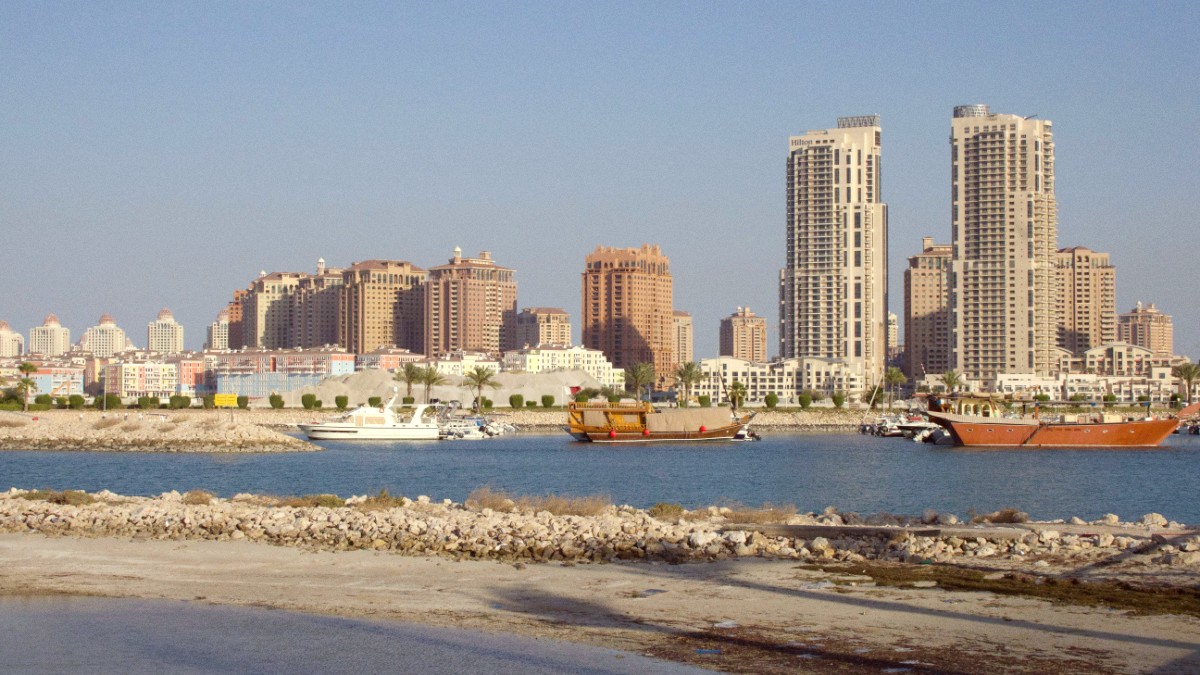
Qatar
Ooredoo and Vodafone are the two main mobile network operators in Qatar, offering comprehensive coverage across Doha and the rest of the country.
Internet access is widely available and often free in Doha. Complimentary Wi-Fi appears in most hotels, shopping malls, cafes, restaurants, and at Hamad International Airport.
Qatar Post, the national postal service, operates several post offices across Doha. You can send postcards, letters, and packages domestically and internationally.
The official language of Qatar is Arabic. English is very widely spoken throughout Doha, especially in tourist areas, hotels, restaurants, and shopping malls.
Local SIM cards are easy to obtain for mobile communication throughout your visit. Remember your passport for purchase.
Understand typical operating hours and holiday impacts to plan your activities.
Generally open from 10:00 AM to 10:00 PM (Sat-Thu). Thursdays, some extend until midnight. Fridays, malls typically open later (after 1:00 PM/2:00 PM) and stay open until late evening.
Souq Waqif operates in two shifts: 9:00 AM to 1:00 PM and then reopens from 4:00 PM (or later) until 10:00 PM or midnight daily. Many shops close during the hot afternoon hours. Some smaller shops may remain closed on Friday mornings.
Banks: Generally open from 7:30 AM to 1:00 PM, Sunday to Thursday. Some mall branches have extended hours. Government Offices: Operate Sunday to Thursday, 7:00 AM to 2:00 PM, closed Fridays and Saturdays.
Automated Teller Machines are widely available and convenient. You will find them at banks, inside shopping malls, major supermarkets, and at Hamad International Airport.
Awareness of these dates is good, as they change business operations across the city.
Confirm opening hours, especially around public holidays or during the summer season, to ensure a smooth visit.
Cultural understanding promotes respectful and meaningful interactions.
A handshake is a common greeting between men. When greeting women, waiting for them to extend their hand first is advisable.
Modest dress is recommended for both men and women in public spaces. This means clothing that covers your shoulders and knees.
If eating with your hands (e.g., sharing a communal dish), always use your right hand, as the left hand is considered unclean in Islamic culture.
Always ask for permission before photographing individuals, specifically women and children. Photographing someone without their consent is considered rude and disrespectful.
Doha has made significant progress in making its infrastructure accessible for travelers with disabilities.
Many parts of Doha have been developed with accessibility as a consideration, aiming for ease of movement for all.
Many popular tourist spots and public transport options welcome visitors with mobility aids.
For detailed accessibility information on specific attractions or services, contact Qatar Tourism or the individual attractions directly before your visit.
Contact Qatar Tourism or attractions directly for specific accessibility details that suit your individual travel needs.